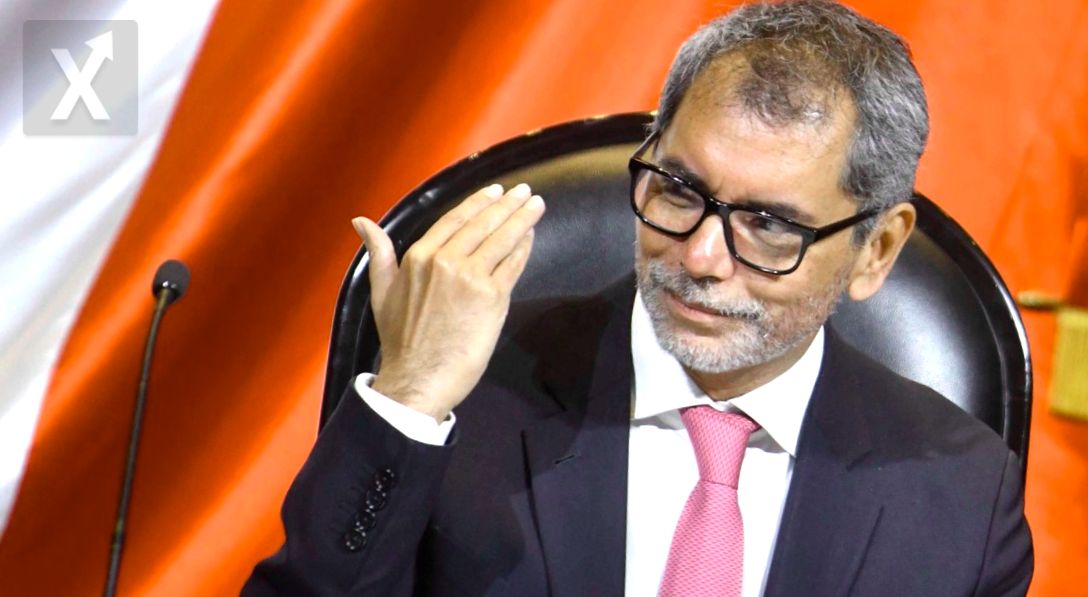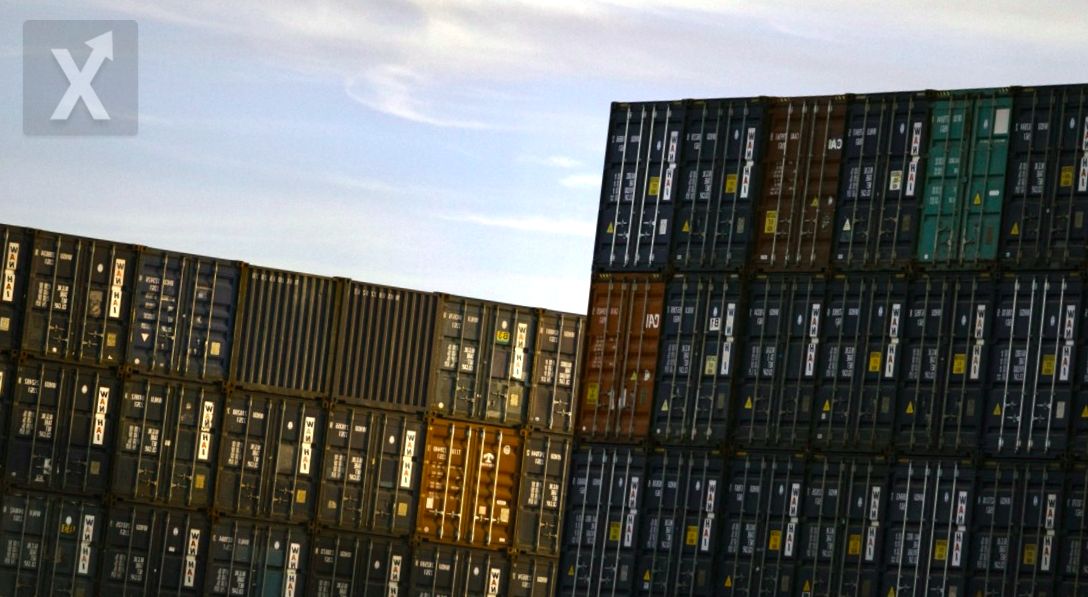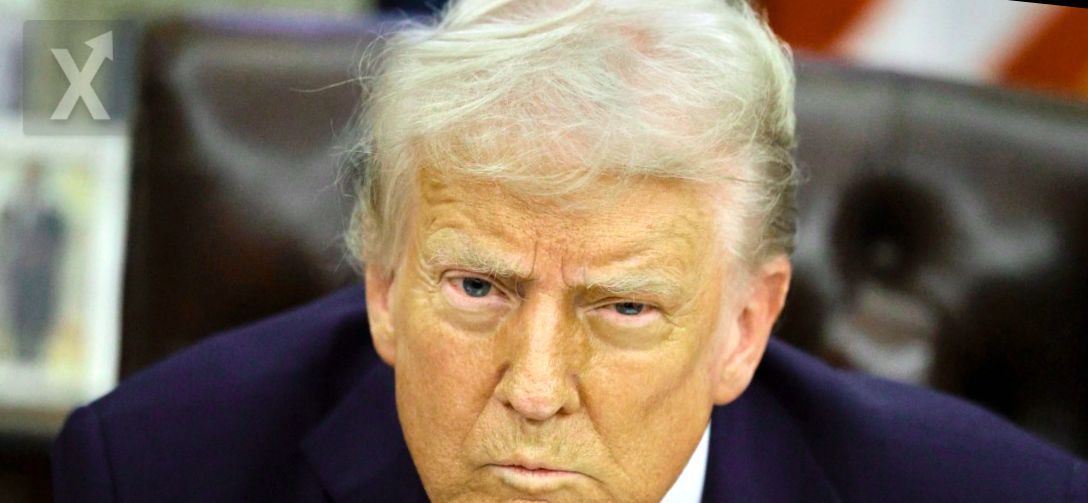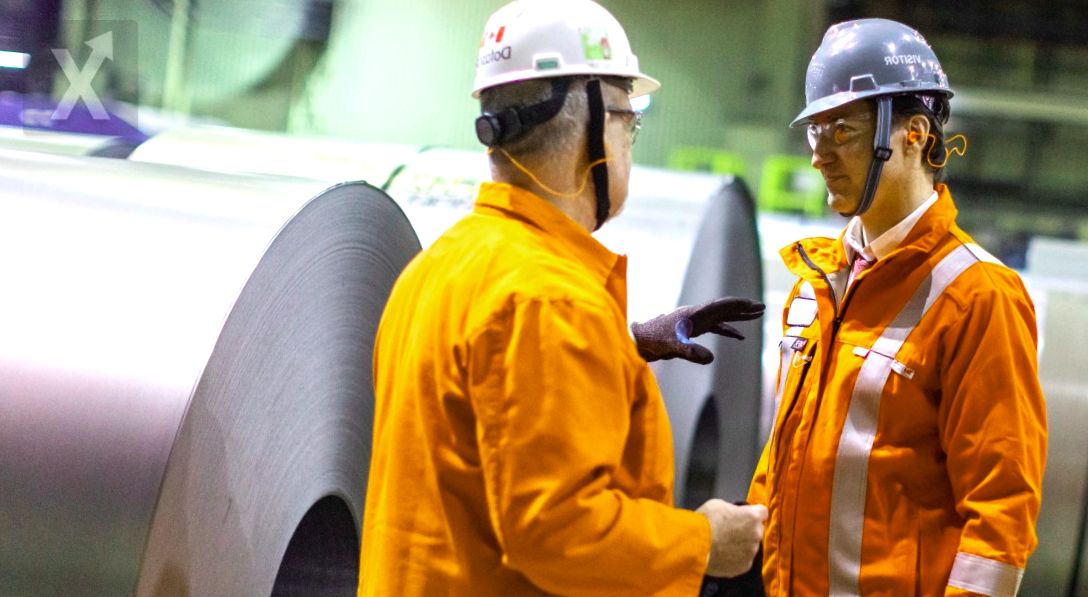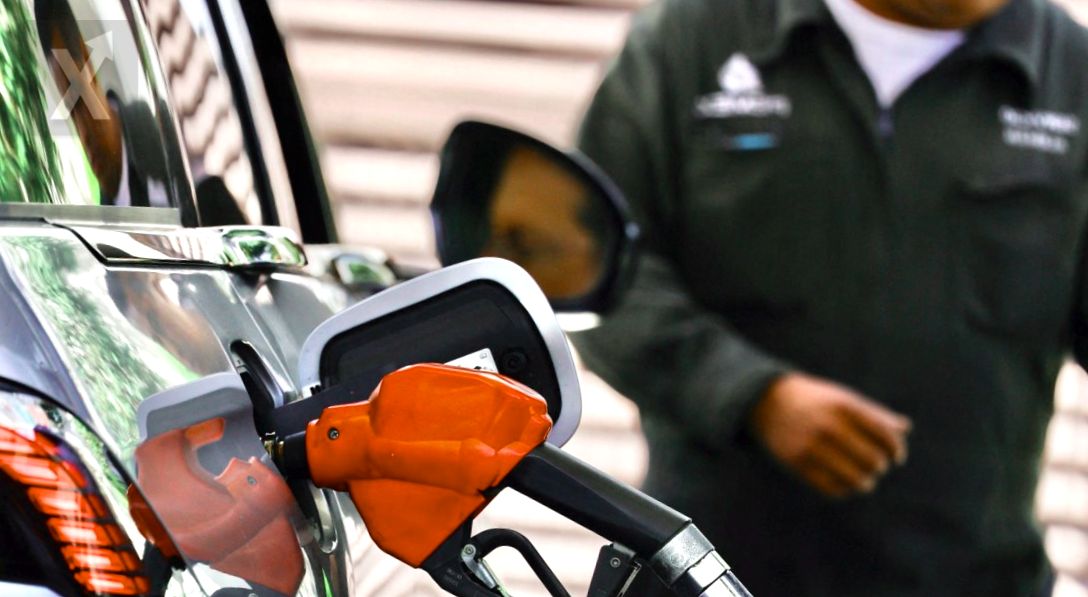Increase in Taxes on Gasoline and International Trade

For the year 2024, the revenue from the Special Tax on Production and Services (IEPS), which primarily applies to gasoline and diesel, as well as soft drinks, tobacco, beer, alcoholic beverages, and gambling, along with the tax on foreign trade, saw the most significant increases by the end of the year. According to preliminary data from the Tax Administration Service (SAT), as of December 23, 2024, IEPS revenue rose by 34.2%, reaching 623.847 billion pesos, while other taxes, including those related to foreign trade and new vehicles, increased by 12%, exceeding 33.590 billion pesos.
“The taxes that have had the most impact are the IEPS, which reports 180 billion pesos more than last year, and the Income Tax, which grew by 159 billion pesos. The Value Added Tax has also performed notably well, thanks to strong domestic consumption and the VAT on imports,” highlighted Antonio Martínez Dagnino, the head of the SAT, during his conference on December 26. This trend responds to the urgency of increasing tax revenue without resorting to a tax reform. IEPS has grown, driven by the elimination of subsidies for gasoline and diesel, as well as stricter monitoring of goods entering the country. Within IEPS, the most significant tax is that applied to fuels, particularly due to reduced fiscal support, as this tax has been fully collected for most of the year, attributable to the stability of oil prices globally. Discounts on IEPS are offered to mitigate the impact of high oil prices, primarily from the United States, which is Mexico's main supplier. When prices remain stable or do not increase drastically, the Ministry of Finance collects IEPS almost in full, contributing to higher tax revenues, stated Arturo Carranza, director of Energy Projects at Akza Advisors. Another tax that has shown growth pertains to international trade activities, particularly on imports. At the start of the new government led by Claudia Sheinbaum, the Ministry of Economy implemented operations against smuggling and piracy, reinforcing actions in collaboration with the SAT, state governments, and the National Customs Agency of Mexico (ANAM). This aims to provide fairness to domestic producers and prevent tax evasion or avoidance on imports. Moreover, the SAT has begun to collect VAT on goods purchased through platforms like Shein and Amazon. “Everyone involved in international trade, from warehousing to courier services, is under scrutiny, as traceability reviews will be conducted. Tax oversight is the responsibility of the SAT, and control falls to the ANAM,” explained Pedro Canabal, partner of International Trade and Taxes at Baker Tilly Mexico.
In this context, it is crucial for consumers to pay attention to how these tax increases may impact the prices of goods and services, especially in a constantly changing economic environment. Additionally, companies must adapt their tax strategies and compliance practices to avoid penalties and optimize their tax burden in an increasingly regulated market.

